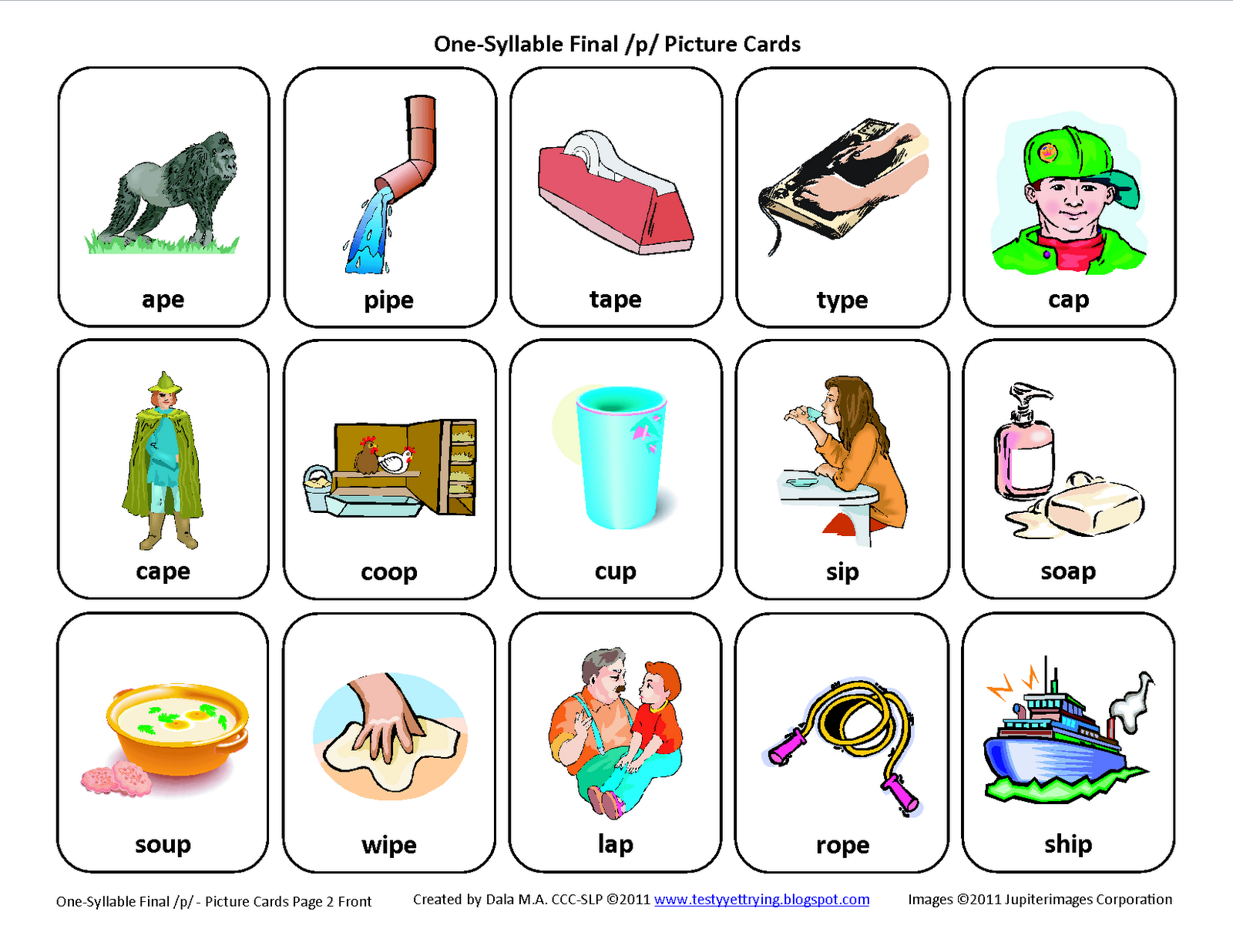**In the world of writing and communication, the phrase "P Final Words" holds a unique significance.** This concept often emerges in contexts where clarity, finality, and impactful conclusions are paramount. Whether in academic writing, business reports, or even personal reflections, understanding how to effectively use final words can greatly enhance the overall quality of the message being conveyed. In this article, we will delve into the meaning, importance, and application of P Final Words across various domains, ensuring you grasp its full potential.
As we explore the nuances of P Final Words, it’s essential to recognize their role in emphasizing key points and leaving a lasting impression on the audience. By mastering this technique, writers can elevate their work, making it more persuasive and memorable. Throughout this guide, we will provide practical examples, tips, and strategies to help you integrate P Final Words into your writing seamlessly.
Join us on this enlightening journey as we unpack the intricacies of P Final Words and their relevance in effective communication. By the end of this article, you will not only understand what P Final Words entail but also how to apply them effectively in your writing endeavors. Let’s dive in!
Table of Contents
- 1. Definition of P Final Words
- 2. Importance of P Final Words
- 3. Application of P Final Words in Different Contexts
- 4. Examples of P Final Words Usage
- 5. Strategies for Effective Use of P Final Words
- 6. Common Mistakes to Avoid
- 7. Conclusion
- 8. Final Thoughts
1. Definition of P Final Words
P Final Words refer to the concluding statements or phrases that encapsulate the essence of a written piece. These words serve to summarize the main ideas and reinforce the message intended by the writer. In various forms of communication, final words can take different shapes, such as a call to action, a poignant quote, or a summary statement that ties the content together.
What Makes P Final Words Effective?
- Clarity: They provide clarity by distilling complex ideas into understandable conclusions.
- Impact: Effective final words leave a lasting impression on the audience, encouraging reflection.
- Alignment: They align the reader with the writer's intent, ensuring the message is received as intended.
2. Importance of P Final Words
The significance of P Final Words cannot be overstated. In any piece of writing, the conclusion is often what readers remember most. It is the last opportunity for the writer to make an impact, and this is where P Final Words come into play.
Key Reasons for Their Importance
- Engagement: Final words engage the audience and encourage them to take action or think critically.
- Memorability: They enhance the memorability of the content, making it more likely to resonate with readers.
- Closure: P Final Words provide closure to the narrative, helping readers feel satisfied and complete.
3. Application of P Final Words in Different Contexts
P Final Words can be applied across various contexts, including academic writing, business communication, and creative writing. Each context demands a tailored approach to ensure effectiveness.
Academic Writing
In academic writing, P Final Words often summarize research findings and highlight their implications. A strong conclusion can reinforce the significance of the study and suggest areas for further research.
Business Communication
For business reports, P Final Words can be used to summarize key findings and recommend actionable steps. This not only provides clarity but also encourages decision-makers to take the necessary actions based on the report's insights.
Creative Writing
In creative writing, P Final Words can evoke emotions and leave readers with a thought-provoking message. A powerful closing line can elevate a story, making it resonate long after the last page is turned.
4. Examples of P Final Words Usage
To understand the impact of P Final Words, let’s explore some examples from different writing contexts.
Example in Academic Writing
"In conclusion, this study highlights the critical role of early intervention in improving educational outcomes for at-risk youth, paving the way for future research in this vital area."
Example in Business Communication
"In summary, our analysis indicates that implementing a remote work policy can lead to increased productivity and employee satisfaction. Therefore, we recommend initiating a pilot program to evaluate its effectiveness further."
Example in Creative Writing
"And as the sun set on the horizon, she realized that every ending is merely a new beginning, a chance to write a different story."
5. Strategies for Effective Use of P Final Words
To make the most out of P Final Words, consider the following strategies:
- Be Concise: Aim for brevity while ensuring your final words encapsulate the core message.
- Use Strong Language: Choose powerful words that evoke emotion and resonate with the audience.
- Connect to the Introduction: Reinforce the ideas presented in the introduction to create a cohesive narrative.
6. Common Mistakes to Avoid
While crafting P Final Words, be mindful of common pitfalls that can detract from their effectiveness:
- Being Vague: Avoid vague statements that do not clearly convey your message.
- Repetition: Do not simply restate previous points; aim to synthesize and elevate them.
- Overly Complex Language: Use language that is accessible to your audience to ensure understanding.
7. Conclusion
In conclusion, P Final Words play a crucial role in effective communication across various contexts. By mastering the art of crafting impactful final words, you can ensure your message resonates with your audience and encourages them to reflect or take action.
8. Final Thoughts
As you continue your writing journey, remember the power of P Final Words. They are more than just a conclusion; they are an opportunity to leave a lasting impression. We encourage you to share your thoughts in the comments below, and don’t hesitate to explore more articles on our site to further enhance your writing skills!


